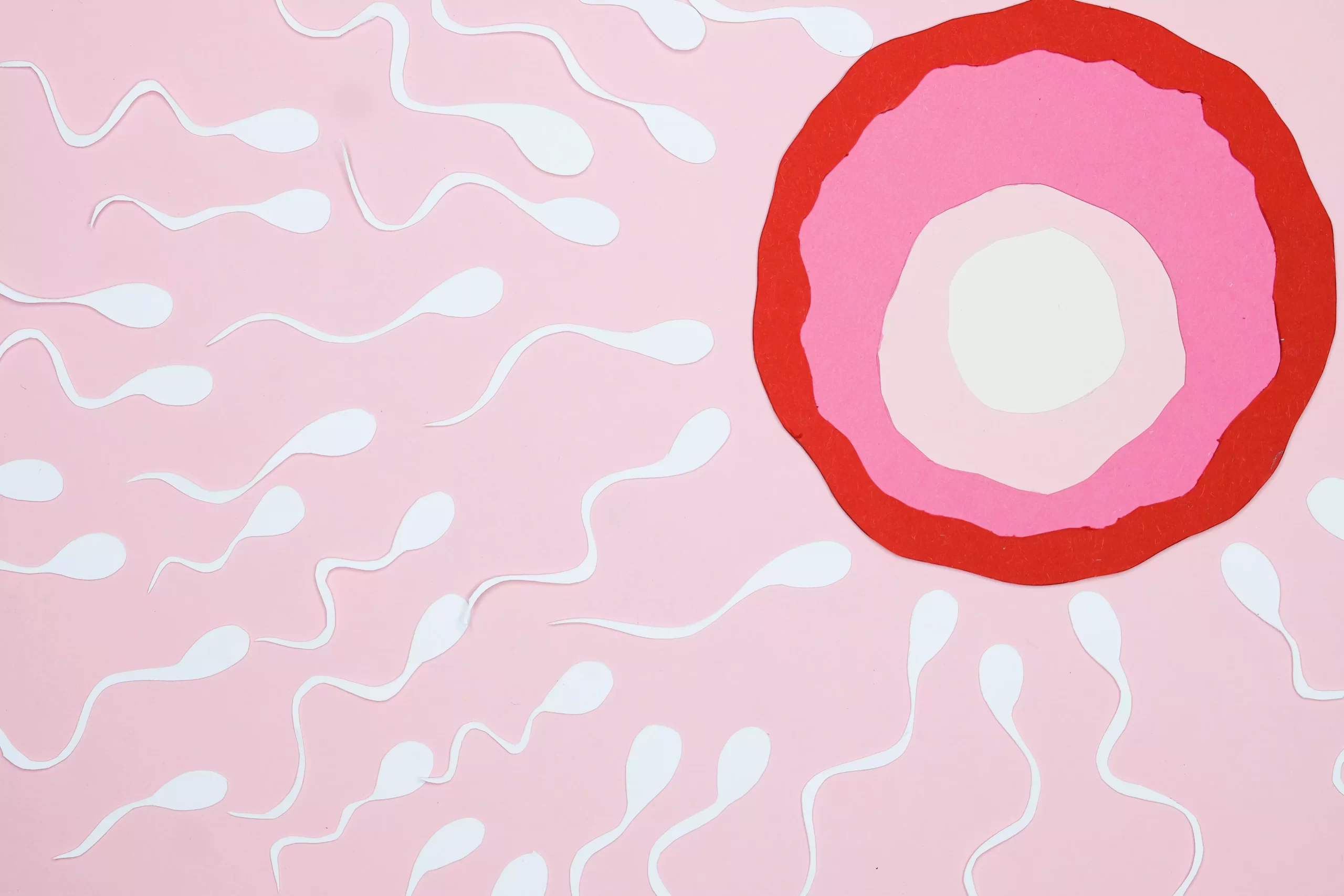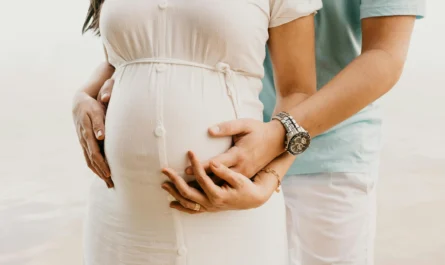Highlights
- What is early Pregnancy loss or Miscarriage ?
- Data of Miscarriage and Stillbirth
- What are the symptoms of Miscarriage ?
- What are the causes of Miscarriage ?
- How to handle the loss of Miscarriage ?
- What is the right time to conceive again after Miscarriage ?
Pregnancy Miscarriage causes and symptom 2023: Early pregnancy loss, Spontaneous abortion or miscarriage is a Pregnancy loss. As per WHO and other reputed sources, early pregnancy loss or miscarriage is about 10-15%. Loss of Pregnancy can be defined as miscarriage or stillbirth. Babies who die before 28 weeks are called a miscarriage beyond 28 weeks called a stillbirth.
In this article, we will explain to you what is a pregnancy miscarriage, what are the causes, and symptoms, what should you do to handle the miscarriage and when is the right time to conceive again.
- Highlights
- What is Pregnancy Miscarriage or Early pregnancy loss, Spontaneous abortion
- Causes of Miscarriage
- What are the Symptoms of Early pregnancy loss or Miscarriage
- What should you keep in mind if you had a pregnancy miscarriage:
- What to do if suffering from pain
- What to do after a Miscarriage
- Who is more prone to Miscarriage
- Summary
What is Pregnancy Miscarriage or Early pregnancy loss, Spontaneous abortion
Early pregnancy loss or miscarriage occurs before 20 weeks of pregnancy. As per the study the majority of miscarriages happen in the first trimester, which is the first 12 weeks of pregnancy. Miscarriages are relatively common, with an estimated 10-25% of all pregnancies ending in a miscarriage.
As per ACOG for women over age 40, about 1 in 3 pregnancies end in miscarriage. Most end because of a chromosome abnormality.
Causes of Miscarriage
Miscarriage or early pregnancy loss caused by the following reasons
- Genetic or chromosomal abnormalities in the developing embryo: 50 % of abortion cases are due to fetal chromosomal abnormality.
- Hormonal imbalances,
- Problems with the uterus or cervix.
- Underlying medical conditions, such as diabetes or thyroid disease, can increase their risk of having a miscarriage.
- In some cases, the cause of a miscarriage may not be able to be identified.
What are the Symptoms of Early pregnancy loss or Miscarriage
There are many symptoms that can identify miscarriage
- Vaginal bleeding,
- Cramping, and lower back pain, fever in case of septic abortion
- Tissues expulsion in incomplete or complete abortions.
- Vaginal discharge
While the majority of women experience some kinds of symptoms some women does not experience any symptom at all.
Any miscarriage suspicion required medical attention. You should immediately consult your doctor and get a proper diagnosis from a healthcare professional.
What should you keep in mind if you had a pregnancy miscarriage:

First and foremost thing you should remember that it is not your fault and that it is not uncommon. Mental strength is very much required at this stage. The majority of women experience feelings of guilt, sadness, or grief after a miscarriage. In this situation, family support and your loved one support is required to overcome the loss. and keep a mental balance. In case of any prolonged mental problem, you can seek the help of a professional counselor.
What to do if suffering from pain
After abortion it may be possible that you may experience pain. This pain may be caused by the presence of remaining tissue from the uterus after a miscarriage. If you feel so consult your medical professional immediately it may be possible that the remaining tissue may create an infection in the uterus. The doctor may advise and Ultrasound scan to know the exact cause. Sometimes a woman may require a surgery called Dilation and Curettage (D&C) to remove the remaining tissue from the uterus after a miscarriage.
What to do after a Miscarriage
Women who have experienced a miscarriage should take time for themselves to grieve, and consult their doctor about when it is safe for them to try to conceive again. Some providers may recommend waiting for a certain period of time before trying again, while others may advise trying again as soon as a woman feels ready.
Who is more prone to Miscarriage
Women in their 40s age are more prone to the risk of having a miscarriage. As women get older chances of risk are high.
There are certain medical conditions that may lead to the risk of miscarriage such as diabetes or thyroid disease, exposure to certain environmental toxins, and lifestyle factors such as smoking or heavy alcohol consumption also can increase the chances of miscarriage..
Summary
Miscarriage is a natural phenomenon and it’s a common event. Women should remember that it is not their fault.
In some cases, the woman does not know that she is pregnant. She only knows when she experiences the miscarriage. It is therefore very necessary to take care of your body and consult your medical professional on priority if you feel any symptoms of pregnancy.
You should seek medical advice about when to it is safe for you to try to conceive again.
Also read: Gestational diabetes (GDM)-Symptoms, Causes and diagnosis



